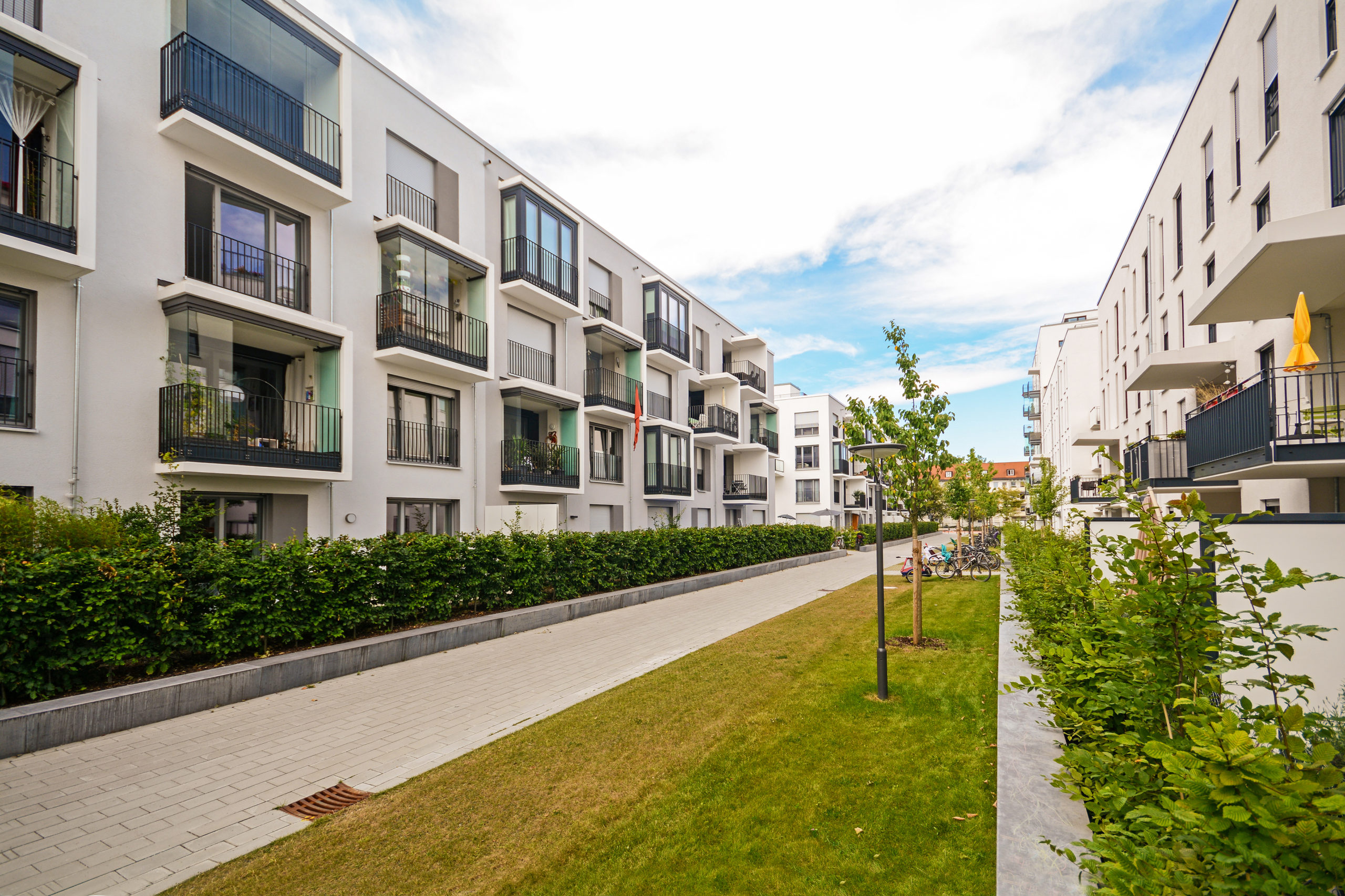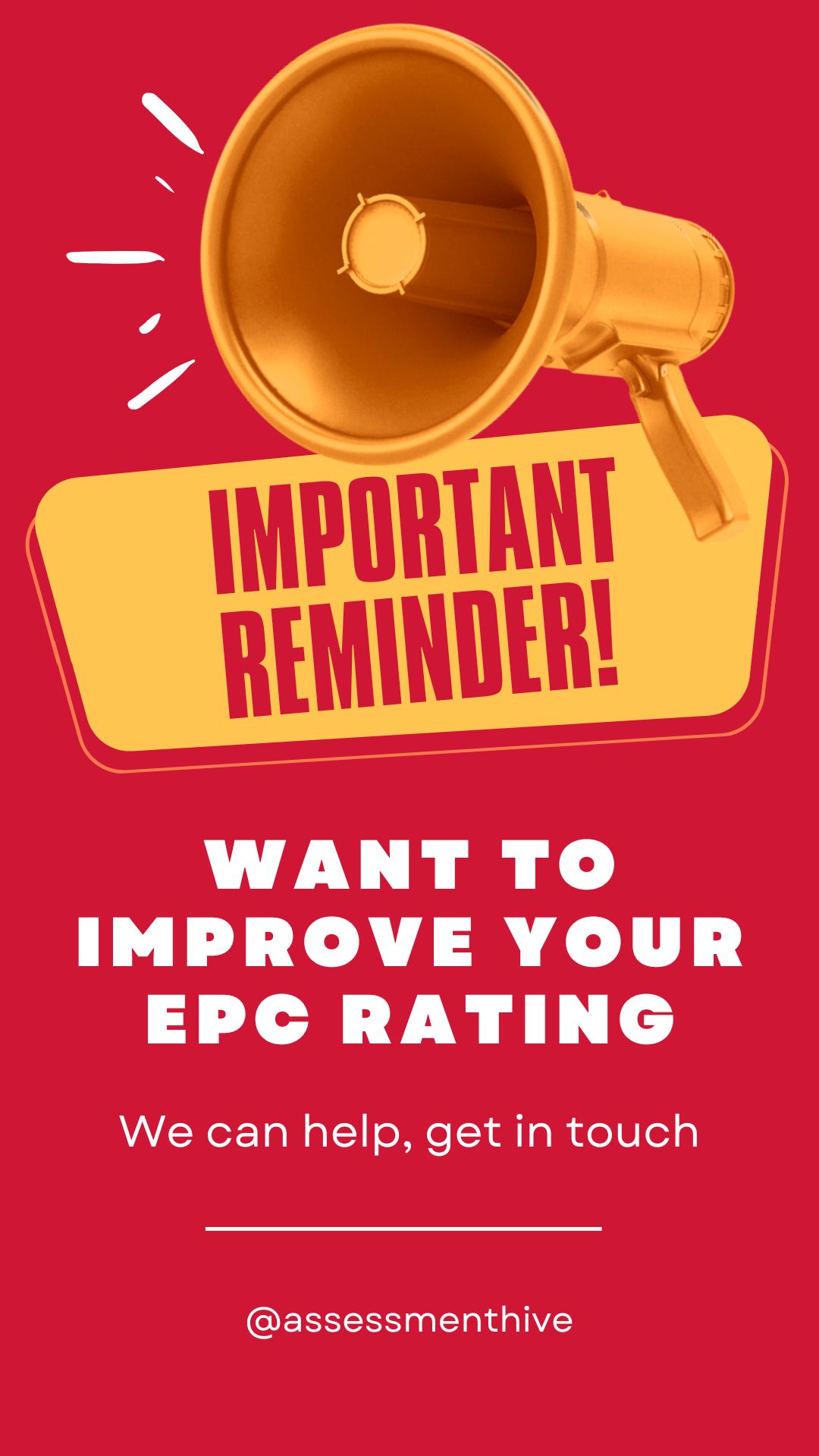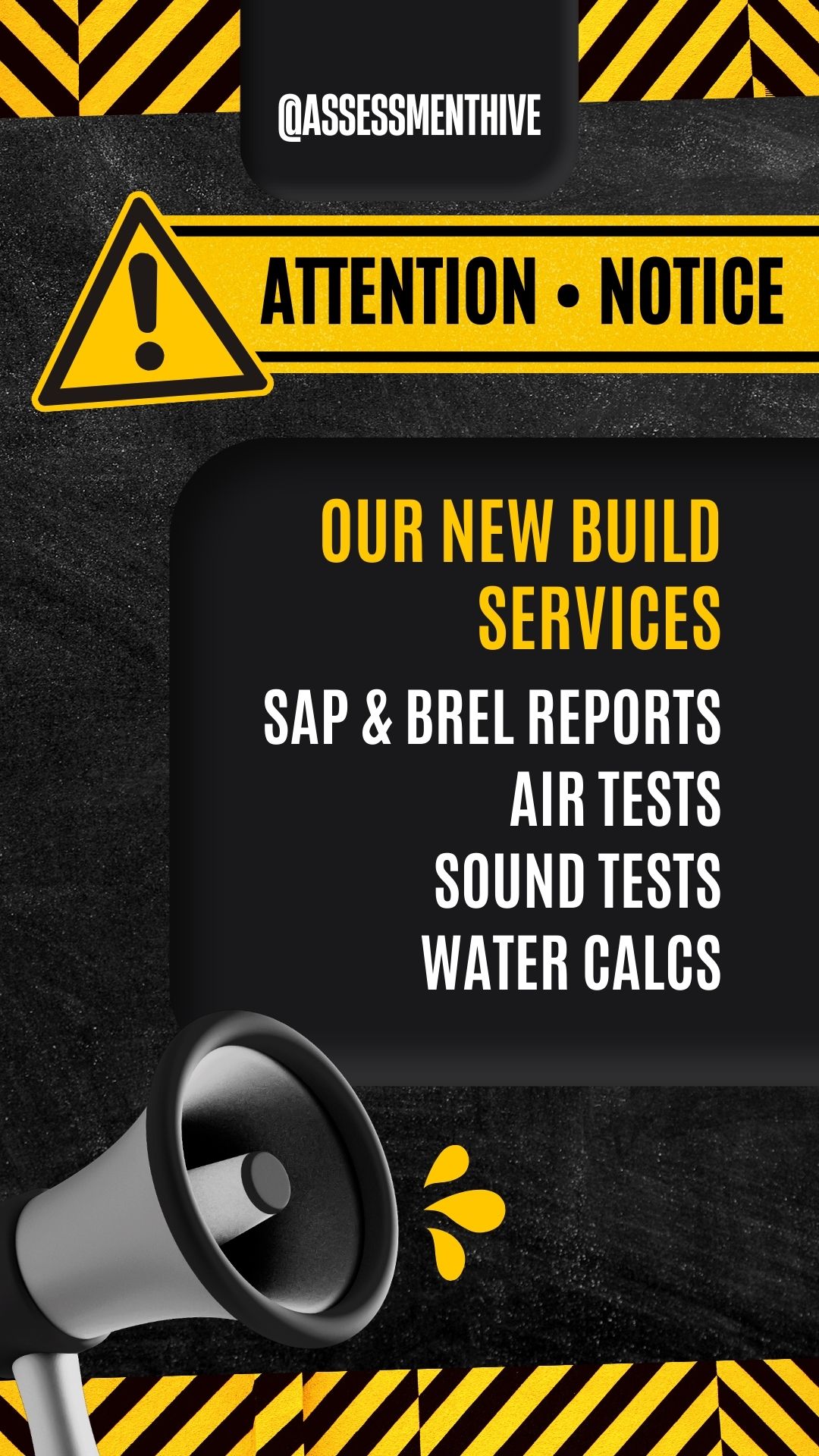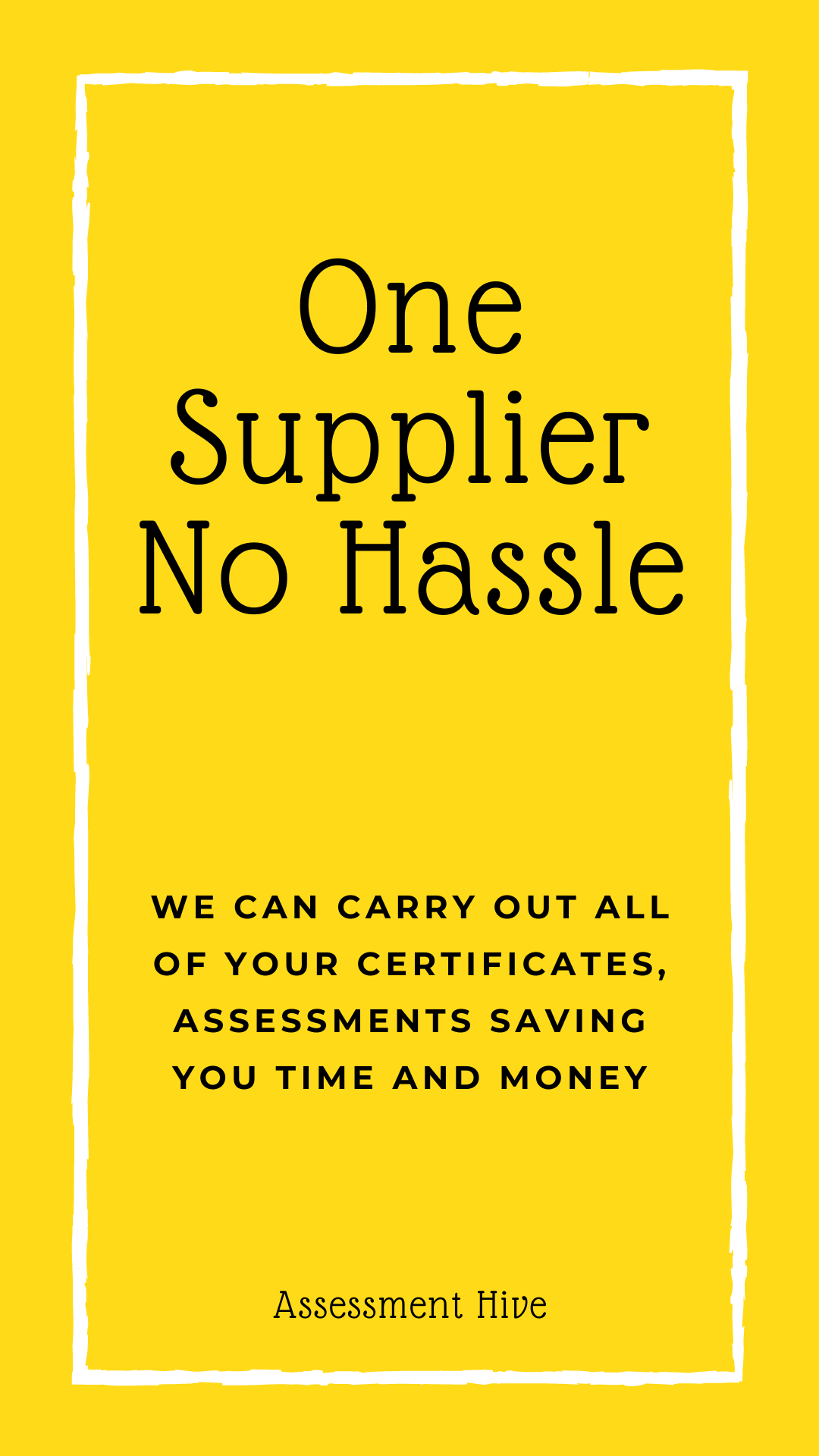Is It Time For Airbnbs To Be Regulated?
In 2018, Airbnb generated over £3.5 billion in economic activity in the UK. In just one year, 8.4 million guests booked into an Airbnb in the UK, whether for holidays, business meetings and short-term stays. With more and more people looking for a home away from home experience when they travel, Airbnb is likely to remain a popular choice – however, with the growth of Airbnb, there are some growing concerns. Airbnbs To Be Regulated.
In a recent House of Commons Library report, MPs have highlighted five main areas of concern regarding short-term lettings.
These concerns are:
The effect on local housing markets
This is specifically in relation to local authorities and the challenges that councils face when it comes to planning legislation, enforcing planning action and the impact that short-term lets have on the local housing situation.
Compliance and taxation
With many hosts not formally registering their property as a short-term let, there are many homes on Airbnb that do not follow the correct compliance and taxation procedures. Without compliance, this can have severe implications for the health and safety of guests.
Impact on traditional short-term accommodation businesses
Local authorities are concerned that traditional accommodation businesses such as B&Bs, guesthouses and hotels may be struggling with the rise of Airbnb and other short-term let sites where people can host their homes.
Breach of planning rules
MPs have also expressed concerns that many people are operating commercial ventures from residential properties that do not have the correct planning permissions in place. Many local councils state that you need planning permission if the total number of holiday let days exceeds 90 days throughout a whole calendar year. However, there are concerns that many people are letting out their homes for longer than 90 days without having the correct planning permission in place.
Negative neighbourhood impacts
The final of the five concerns addressed in the report is short-term lettings’ effect on local communities and neighbourhoods. This largely focuses on any anti-social behaviour that can occur through short-term lets with issues such as noise disturbance, for example.
What Next for Short-Term Let Regulation?
Following this House of Commons Library report, MPs will now need to consider a variety of proposals that can help create a framework of regulation that addresses the problems that currently unregulated short lets bring. However, as short term lets remain popular for hosts and visitors, legislation will need to strike a careful balance to appeal to all parties.
Due to the nature of short-term lets, it is likely that local authorities will need to implement their own regulations to best suit the needs of the local area. For example, according to date from 2021, Bristol has 1562 listings on Airbnb, 60% of which are entire homes, while Edinburgh has 6146 listings and 67% of which are entire homes. With so many properties being used for rentals, this can disturb the local infrastructure; this is key consideration for local councils and how they can best manage the popularity of this industry with the needs of their local communities.
The debate around short-term lets is likely to rumble on in the aftermath of the report – what do you think the future for short-term lets should be? Is regulation necessary for the sustainability of the property industry?
Assessment Hive is here to make selling, renting, and listing your property easy and hassle-free. If you select all of our digital property marketing services, we offer a special discount to give you more value for money and help to ensure your property listing is cost-effective and efficient. To book your property services, get in touch today.







